AI in Healthcare Operations: Moving from Hype to Impact
Healthcare executives are under pressure to do more with less:
- Staffing shortages
- Rising administrative costs
- Increasing payer complexity
- Stagnant margins
AI offers a transformative solution — but only when applied to the right workflows.
The highest-impact use cases are those that reduce manual effort, improve data accuracy, and streamline patient-to-payment operations.
Below are the most valuable, proven use cases for AI across healthcare operations and revenue cycle management (RCM) — many of which Honey Health already automates at scale.
Top AI Use Cases in Healthcare Operations
1. Automated Intake & Patient Registration
Manual demographic entry and insurance verification slow down front-office teams.
AI transforms this by:
- Extracting data from forms and documents
- Verifying insurance in real time
- Auto-populating EHR and PM system fields
- Flagging missing or inconsistent data
Impact: Faster check-ins, fewer registration errors, and cleaner downstream billing.
2. Referral Management & Triage Automation
Specialty clinics and hospitals are overwhelmed by faxed or emailed referrals.
AI automatically:
- Reads referral documents
- Identifies urgency, specialty, and routing
- Captures CPT, diagnosis, and patient details
- Initiates authorizations when needed
Impact: Referral turnaround improves by 70–90% with no manual sorting.
3. Prior Authorization Automation
The most time-consuming workflow in healthcare.
AI handles the entire lifecycle:
- Determines when an authorization is required
- Auto-populates payer forms
- Submits through portal, API, or fax
- Tracks responses and alerts staff
Impact: Faster approvals, fewer denials, and less provider frustration.
4. Documentation & Note Generation
Providers lose hours daily documenting care.
AI supports this by:
- Summarizing visits
- Drafting note templates
- Suggesting appropriate CPT and ICD-10 codes
- Ensuring documentation completeness
Impact: More patient time, less burnout, and higher-quality documentation.
5. Fax & Document Automation
Still the backbone of healthcare communication — unfortunately.
AI reduces manual handling by:
- Reading faxes automatically
- Categorizing document type
- Routing to the correct team
- Attaching to the correct patient record
Impact: Eliminates a major bottleneck and improves accuracy.
Top AI Use Cases in Revenue Cycle Management (RCM)
6. Automated Eligibility & Benefits Verification
Errors in eligibility lead to denials and rework.
AI solves this by:
- Running real-time eligibility checks
- Extracting plan details
- Flagging referral or authorization requirements
- Ensuring benefits are tied to the correct encounter
Impact: Cleaner claims and fewer eligibility-related rejections.
7. Coding Support & Audit Readiness
AI analyzes clinical documentation to ensure coding accuracy.
- Identifies missing diagnoses
- Suggests appropriate E/M and CPT levels
- Detects risk-adjusted coding opportunities
- Ensures alignment to payer rules
Impact: More accurate claims, higher revenue capture, and stronger compliance.
8. Automated Charge Capture & Claim Creation
AI ensures charges are complete and accurate by:
- Mapping documentation to billing rules
- Preventing incomplete encounters
- Flagging discrepancies before submission
Impact: Reduces claim lag and speeds revenue cycle.
9. Denial Prediction & Prevention
AI identifies patterns in denial data and proactively corrects issues.
- Predicts which claims are likely to deny
- Suggests fixes before submission
- Automates corrective workflows
Impact: Fewer denials, faster cash flow, and less rework.
10. Payment Posting & Reconciliation
AI reads payer remits (ERA, EOB) and automates:
- Payment posting
- Adjustment mapping
- Underpayment identification
- Reconciliation with contract terms
Impact: Accurate financial reporting and less manual accounting work.
Why These Use Cases Work: They Attack the Real Cost Drivers
The biggest ROI in healthcare automation comes from workflows that are:
- Repetitive
- Rules-based
- Documentation-heavy
- Cross-departmental
- Error-prone
- Required for compliance
These tasks burden staff and slow down revenue — exactly where AI shines.
Honey Health: Automation That Spans the Entire Patient-to-Payment Journey
Honey Health’s AI platform covers virtually all high-value use cases across operations and RCM:
- Intake automation
- Referral and PA automation
- Fax and document intelligence
- Clinical documentation support
- Coding and charge capture optimization
- RCM workflow routing and denial prevention
- Revenue visibility and margin analytics
For Hospitals, MSOs, rollups, and value-based groups, this isn’t incremental improvement — it’s a capacity multiplier.
The Bottom Line: AI Is Now an Operational Imperative
Healthcare doesn’t need more software — it needs automation infrastructure that makes existing systems smarter.
AI transforms operations by:
- Reducing administrative hours
- Improving claims accuracy
- Speeding cash flow
- Supporting staff during workforce shortages
- Enabling scalable growth without scaling headcount
AI isn’t the future of healthcare operations — it’s the new standard.
And Honey Health delivers it end to end.

